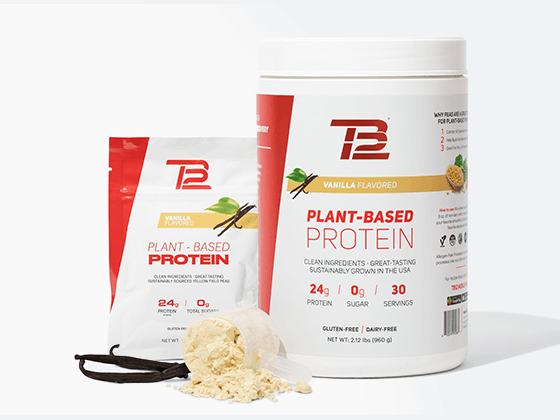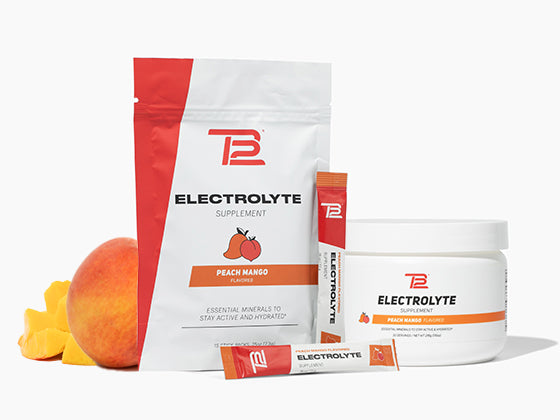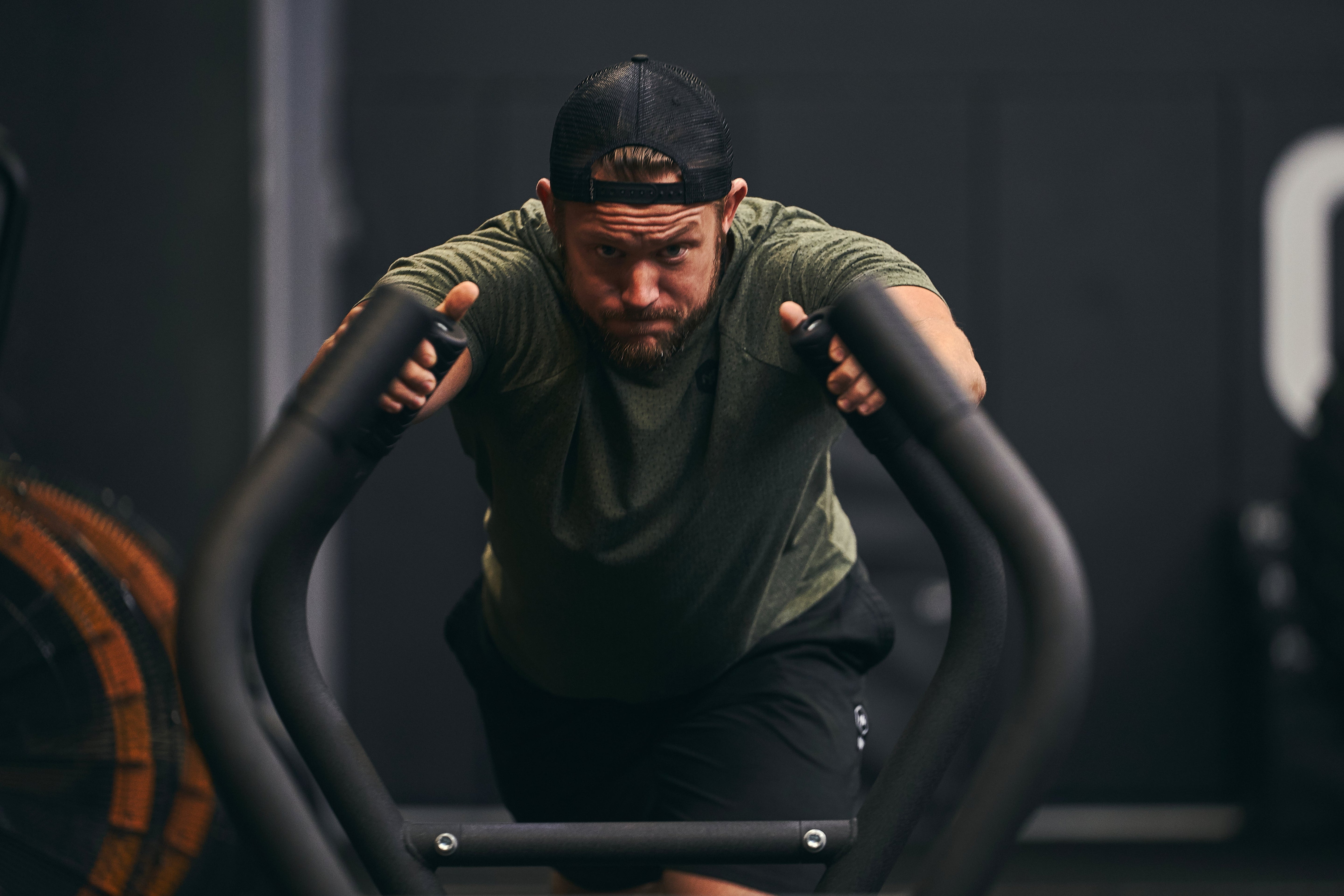Football is not a contact sport. It is a collision sport.
Football in the National Football League is a collision sport for the elite 0.023%.
Full speed chaos peppered with violent collisions, week after week, in a league where the margin between seeing the field and seeing the sideline on Sunday is razor-thin.
Longevity in football isn’t about being tough for a few weeks. It’s about staying strong, mobile, and resilient for months.
But the path of in-season longevity is a far cry from what many people believe. It isn’t paved with intense workouts filled with ringing barbells and violent collisions. That foundation was laid in the offseason.
The bedrock of in-season success is the ability to maintain everything built in the offseason and stay healthy, making disciplined practices focused on recovery a crucial part of winning on Sunday.
Tom Brady knew this and capitalized on it, as evidenced by his extreme success over his 23 years in the league. Luckily, Number 12 left some clues on how to get through the season in the TB12 Methodology.
By following his lead in areas like hydration, nutrition, training, and sleep, longevity can be maintained and success can be realized deep into the post-season.
Hydration: Daily Performance Support
Dehydration doesn’t just mean dry mouth. It means a decline in cognitive and physical performance, and increased risk of soft-tissue injury (source). Even a 2% loss in body mass from fluid depletion can be a significant setback for performance (source).
A 2019 examination of multiple sports found that football players had higher sweat rates than any other sport.
The same study also confirmed what we already know: with water goes salt. Along with their high sweat rates, football players were shown to have some of the highest sodium loss rates compared to other athletes, potentially compounding the negative effects of dehydration on performance.
If an athlete is going to go the distance, disciplined hydration is a non-negotiable. Following the tips laid out in the TB12 Hydration Guidelines, like drinking half their bodyweight in fluid oz daily as a baseline, and adding electrolytes before and after training and competition, is going to help support optimal performance and longevity deep into the season.
Nutrition and Supplementation: Fuel, Repair, Repeat
What a player eats between Monday and Saturday can determine how they bounce back. During the season, two concepts must rule the plate: anti-inflammatory foods are a must, and the use of supplements is required to ensure optimal nutrient consumption.
Inflammation is a natural response to physical stress, but too much can be detrimental to the recovery process (source). Foods that are rich in antioxidants and omega-3 fatty acids have been shown to help reduce inflammation levels (source) and promote recovery (source).





